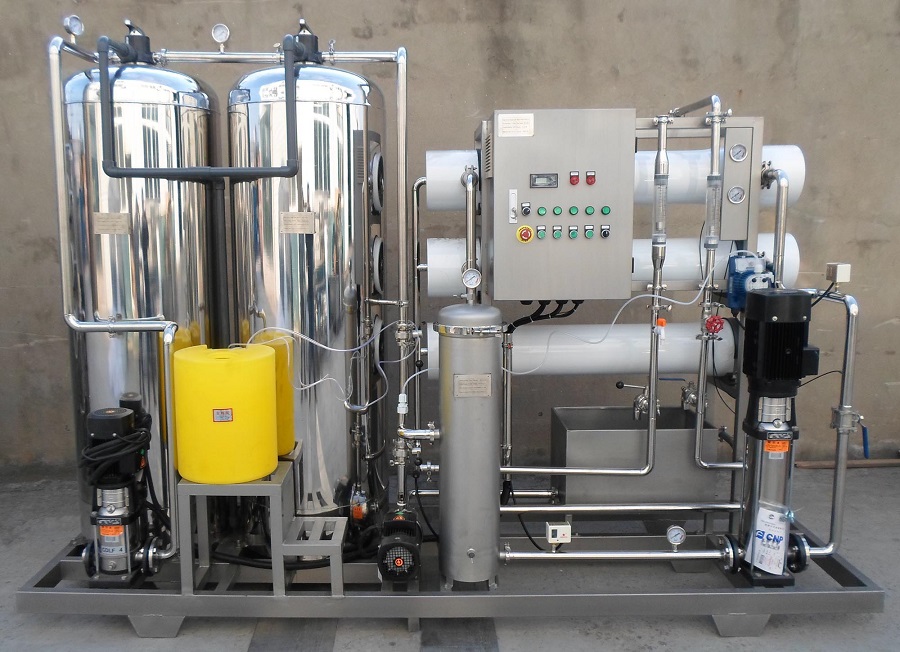Industrial waste water, including production waste water, production waste water and cooling water, refers to the waste water and waste water produced in the process of industrial production, which contains the industrial production materials, intermediate products, by-products and pollutants produced in the process of production. For wastewater treatment system manufacturers, there are many kinds of industrial waste water with complex composition. Because industrial waste water often contains a variety of toxic substances, which pollute the environment and do great harm to human health, it is necessary to develop comprehensive utilization, turn harm into benefit, and take corresponding purification measures according to the pollutant composition and concentration in the waste water before discharge.
The following introduces several kinds of most common wastewater treatment equipment, briefly describes the operation mode of each equipment, and their impact on the profitability of enterprises.

Ultrafiltration systems
Ultrafiltration (UF) is a pressure driven process that uses membranes to remove emulsified oil, metal hydroxides, emulsions, dispersing materials, suspended solids, and other high molecular weight materials from wastewater, coolants, and other solutions. Ultrafiltration is good at clarifying solutions containing suspended solids, bacteria and high concentration macromolecules (including oil and water).
The design of ultrafiltration system can reduce the water content by 98% without using chemical additives. These systems also remove burrs and fine powders from the tumble operation, allowing water and soap solutions to be recycled. When calculating heating and treatment costs, the company can also see that the cost of washing water and detergent is reduced by 75% and the cost of waste treatment is reduced by 90%. For these reasons, ultrafiltration membrane technology is rapidly becoming the first choice of conventional filtration process.
Vacuum evaporation and distillation
Evaporation is a natural phenomenon and a clean separation technology, which is considered to be the most effective technology in several industrial water treatment systems processes. It is different from other separation processes because it removes water from pollutants rather than filters them.
No other technology can achieve such a high water recovery and concentration rate as the vacuum evaporator. It can accelerate the natural evaporation process and treat and distill 1 to 120 tons of industrial wastewater per day. They are capable of reaching a residual total solid concentration of more than 85%.
Reverse osmosis systems
Reverse osmosis (RO) technology removes dissolved solids and impurities from water by using a semi permeable membrane, which allows water to pass through, but leaves most of the dissolved solids / salts and other pollutants behind. Reverse osmosis membrane needs to be higher than osmotic pressure and high pressure water to achieve the desired effect. The water passing through the reverse osmosis membrane is called osmotic solution, and the dissolved salt discharged from the reverse osmosis membrane is called concentrated solution.
A well-designed, well functioning reverse osmosis system can remove 99.5% of dissolved salts and impurities, as well as almost all colloids and suspensions, from the most challenging waste and feed water applications. It is usually used in industrial, metal processing and surface treatment applications. Reverse osmosis technology is the final process after ultrafiltration or chemical treatment of wastewater and water supply.